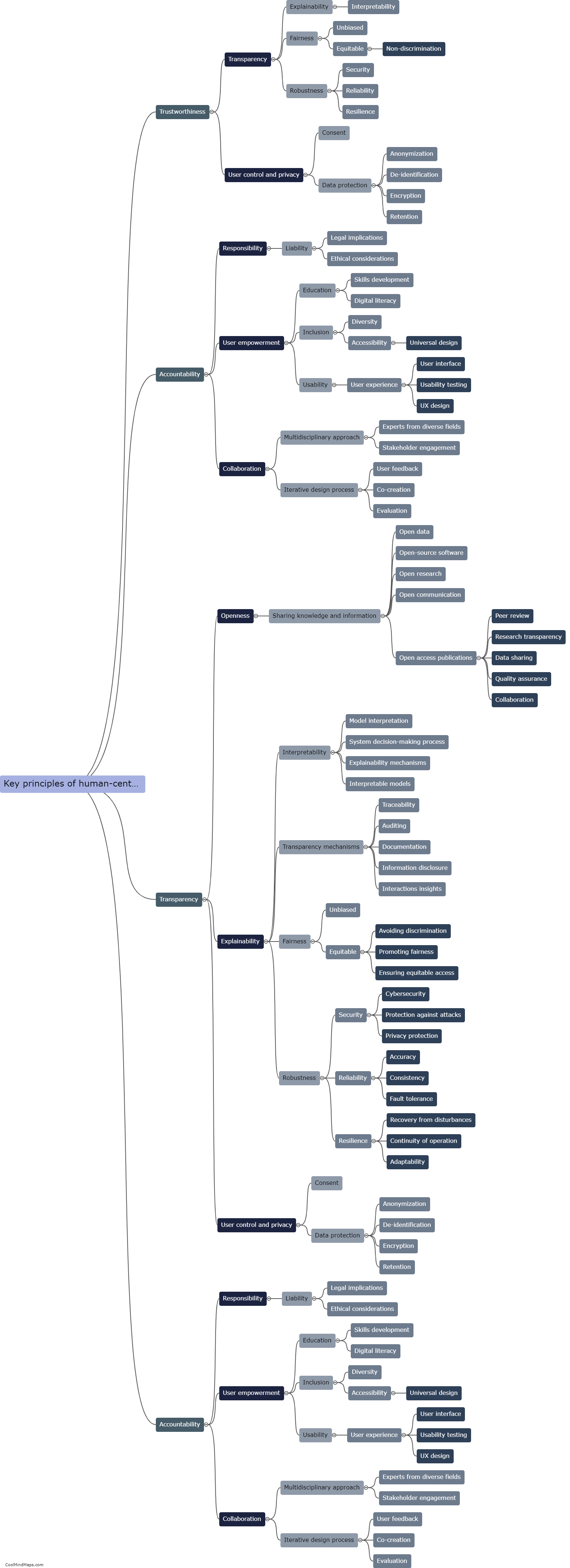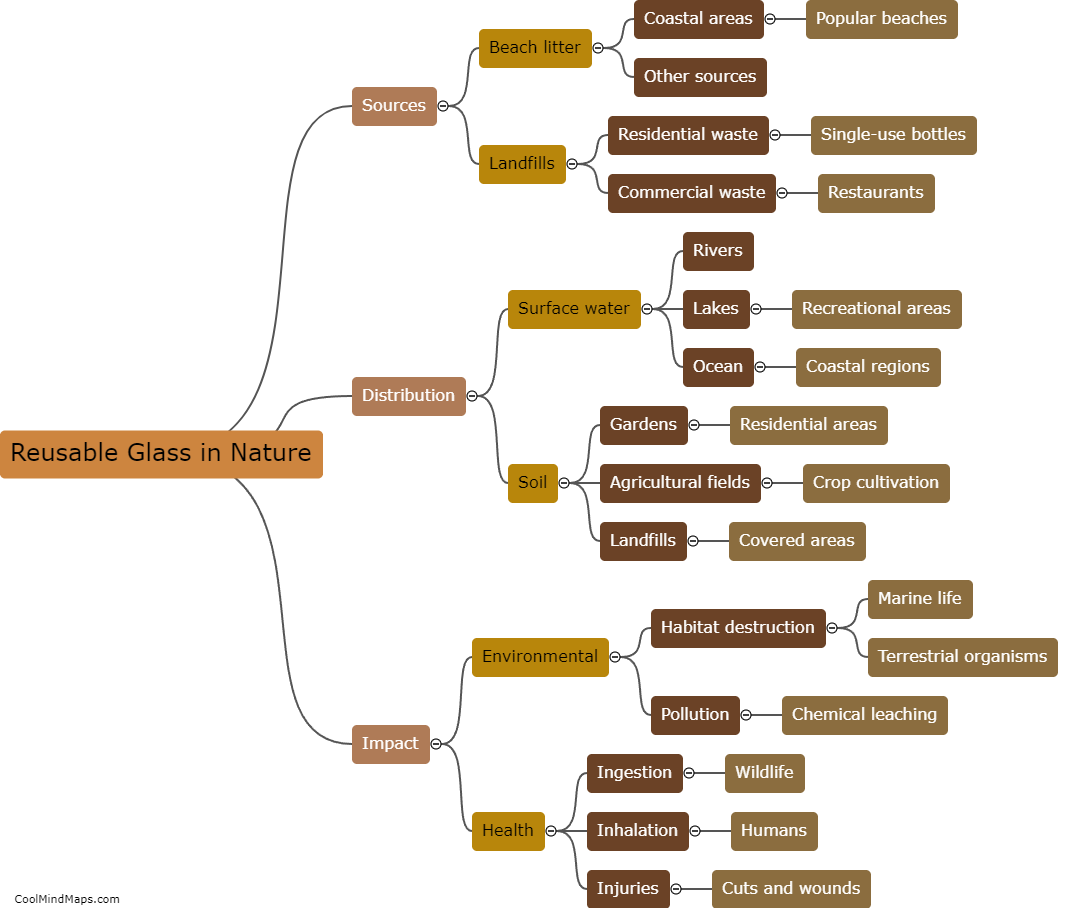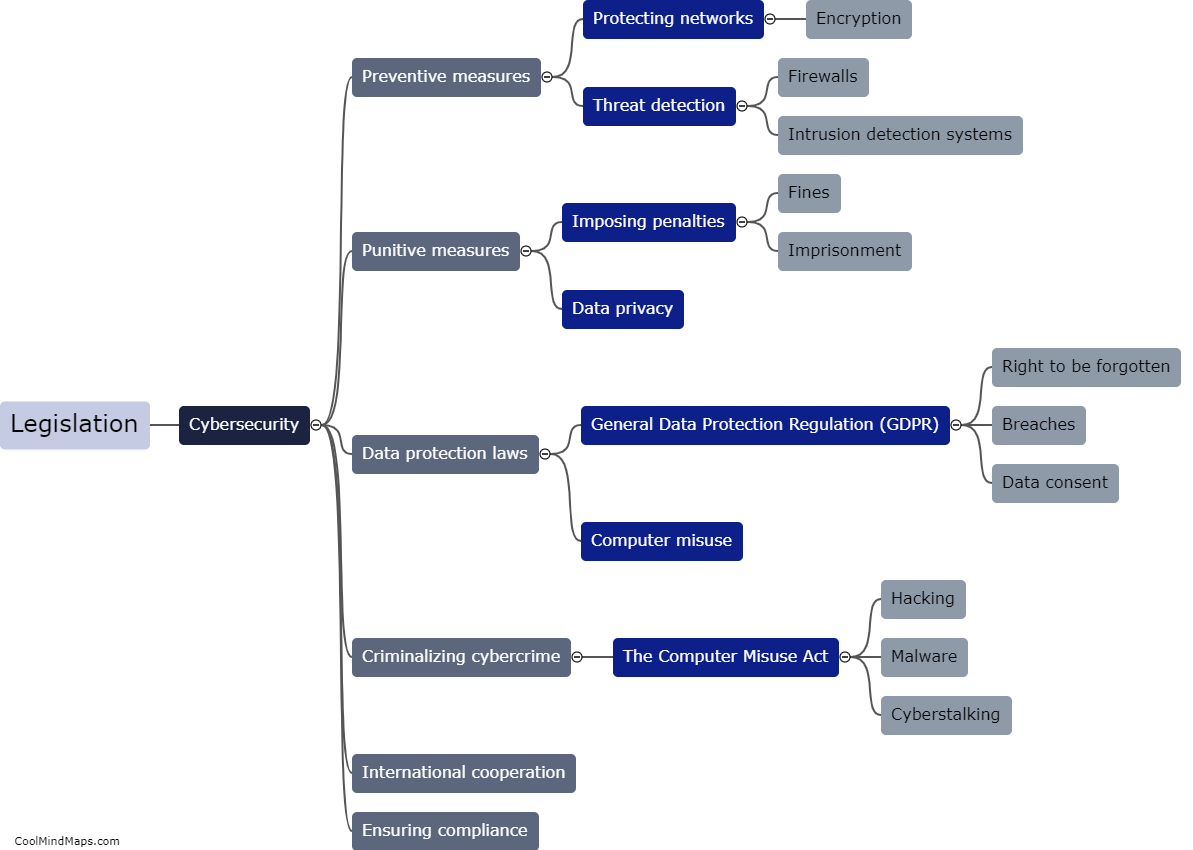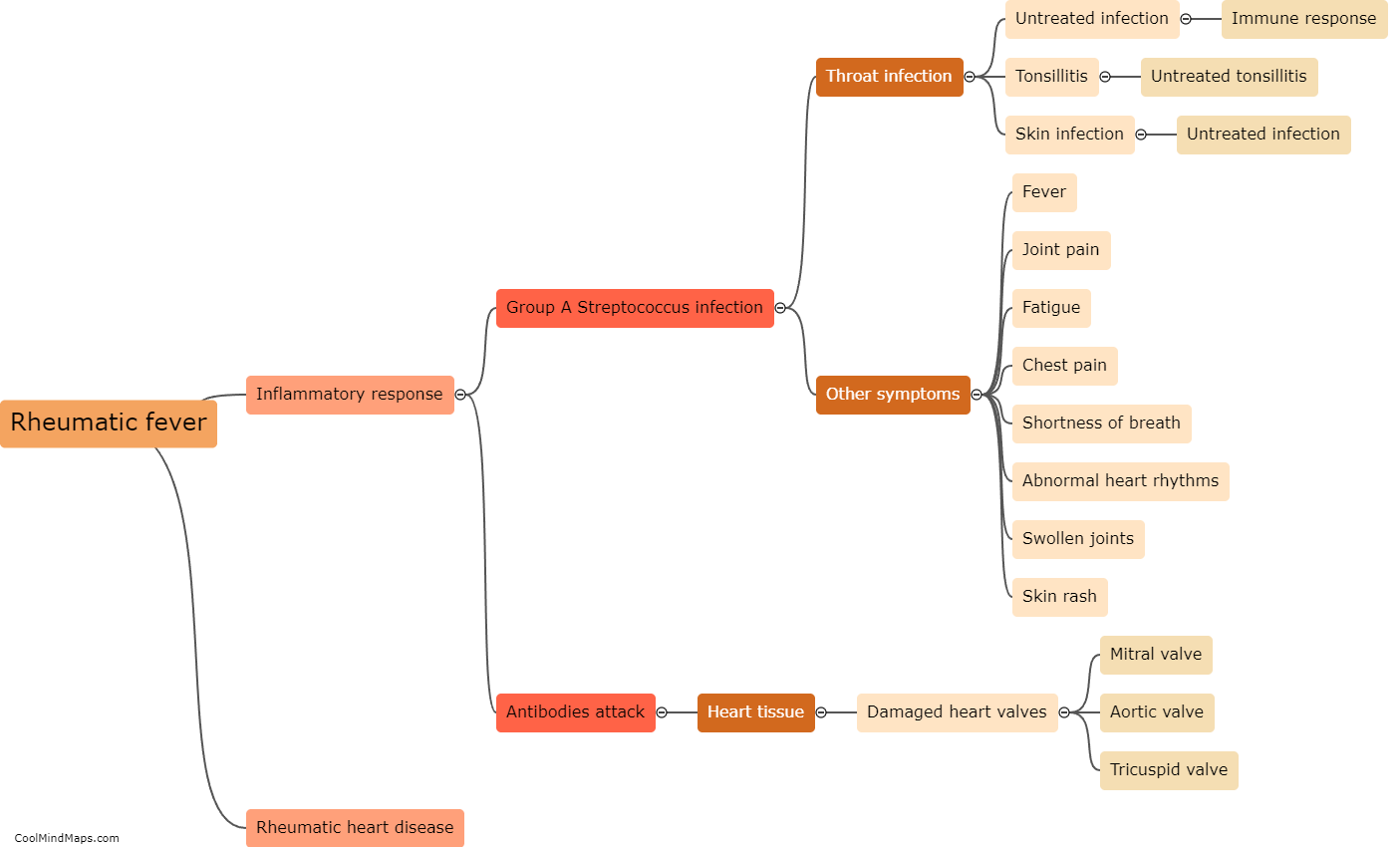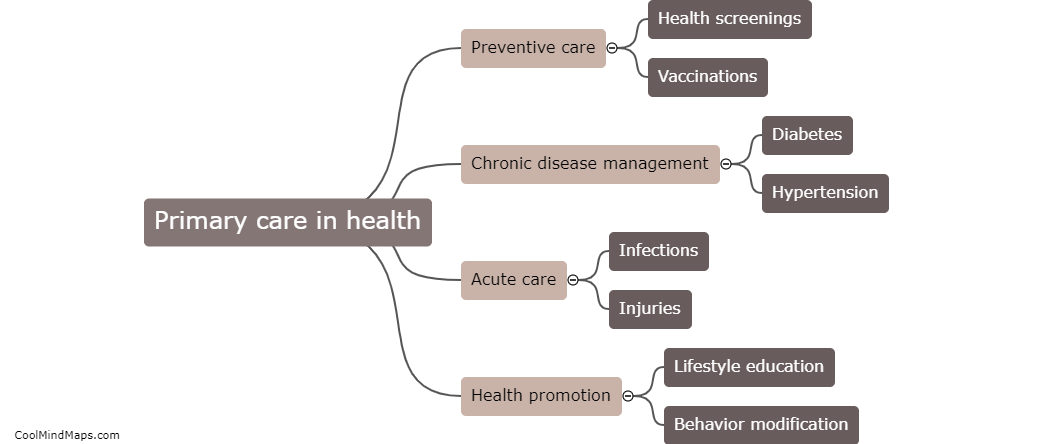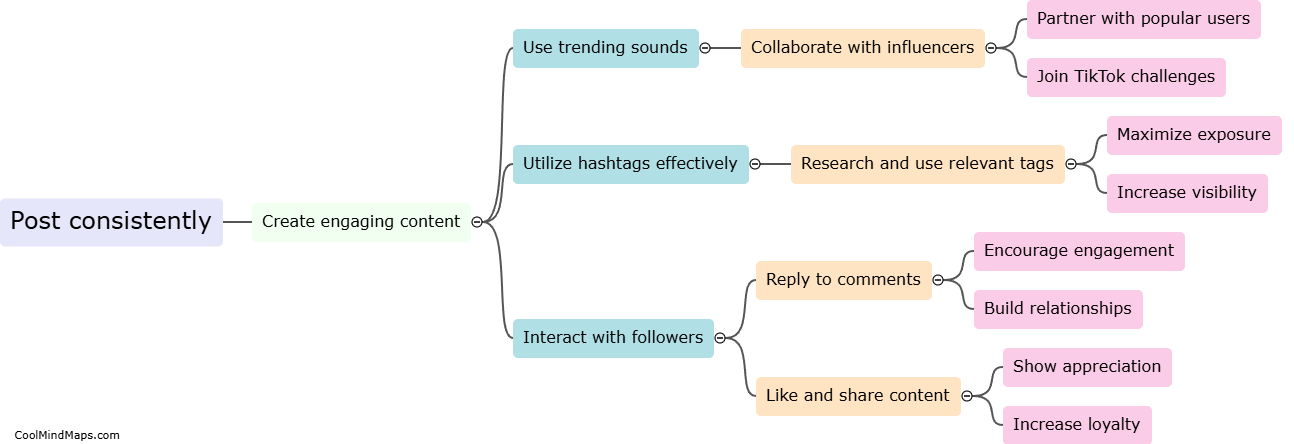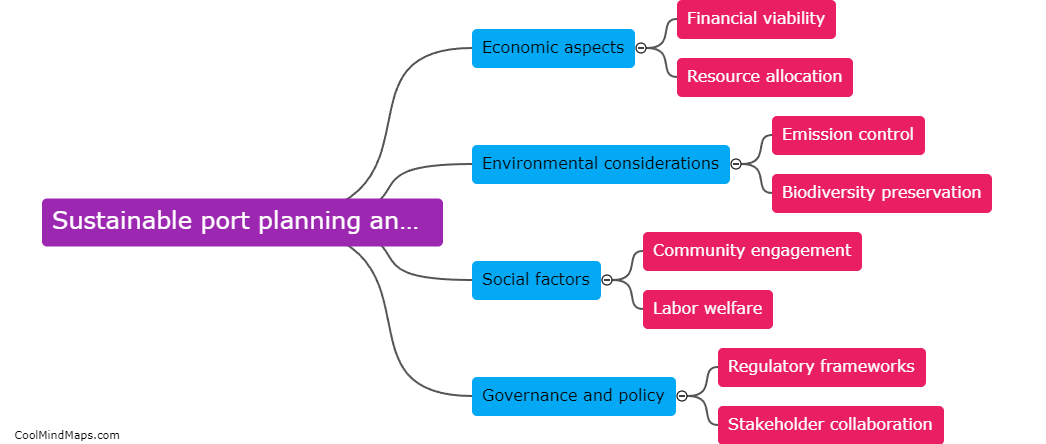What are the different functions of a lexical analyzer?
A lexical analyzer, also known as a scanner, plays a crucial role in the compilation process of a programming language. It is responsible for breaking down the input source code into tokens, which are the building blocks of the language. The main functions of a lexical analyzer include recognizing and identifying tokens such as keywords, identifiers, literals, operators, and separators. It also removes unnecessary characters like whitespace and comments to simplify the subsequent analysis phases. Additionally, it performs error checking and generates an output stream of tokens for the parser to further analyze and create the syntax tree. Overall, the lexical analyzer is vital in converting source code into a format that can be easily processed by the compiler.

This mind map was published on 19 July 2024 and has been viewed 60 times.
